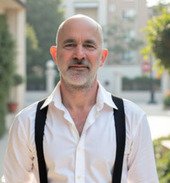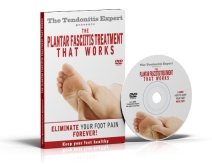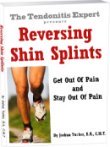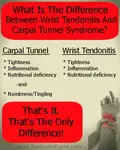Aching Feet After Plantar Fasciitis Surgery
by Jody
(Pennsylvania)
I retired in July of 2010 and started walking. Shortly after starting, I developed plantar fasciitis in my left foot and also slightly in my right foot.
I went to the doctor who tried cortisone shots, physical therapy, a night splint and I even wore a boot on the left foot for two full weeks.
Finally, after nothing worked I opted for the surgery on both feet, since my right foot had gotten continually worse. The doctor seemed confident this would cure my problem. The actual surgerical procedure went very well; recovery was rough since it involved both feet. Regarding the plantar fasciitis, for the most part, it is a lot better.
It has been almost a year since the surgery. However, now my feet hurt differently. They ache and hurt every time I start to walk. I hobble along and then once I "get going" the pain lessens. They also ache and hurt if I am on them a lot. So, it seems I've traded one pain for another and I have come to the conclusion that this new pain must be a result of the surgery.
I have not returned to the foot doctor because I'm afraid if he tells me I'll have to live with this pain for the rest of my life, I'll just break down and sob in front of him.
Has anyone else had this experience?
----
Joshua Answers:
Hi Jody.
You're certainly not alone with this experience.
Aching feet after plantar fasciitis surgery, whether it be aching feet, painful feet, etc, is pretty common, to some degree or other.
Your feet are hurting after plantar fasciitis surgery
And it makes sense why.
Plantar Fasciitis, like all forms of Tendonitis, consists of a progressive pattern of increasing muscle and connective tissue tightness (among other factors).
See: What Is Tendonitis
Plantar Fasciitis Surgery consists of going in and cutting various support structures of the foot and the arch of the foot, while not doing anything to reverse, cure, or fix, the CAUSE of the Plantar Fasciitis Symptoms.
So not only do you still have all the previous factors that caused you to have pain and problem, but now your entire structure has been forced to work/move differently because the support structures have been changed, weakened, intentionally damaged, etc.
So as your body is forced to adapt, it makes sense that you're going to have soreness and pain.
Now, is that a temporary thing or a permanent thing? I have no idea at this point.
Is it something that can be fixed? Almost certainly, depending.
----------------------
Please reply using the comment link below. Do not submit a new submission to answer/reply, it's too hard for me to find where it's supposed to go.
And, comments have a 3,000 character limit so you may have to comment twice.
-----------------------

Joshua Tucker, B.A., C.M.T.
The Tendonitis Expert
www.TendonitisExpert.com
| |
| Share Your Story Achilles Tendonitis Surgery Stories Carpal Tunnel Surgery Stories Plantar Fasciitis Surgery Stories Nerve Conduction Test Stories Share YOUR stories (and horror stories!). |



